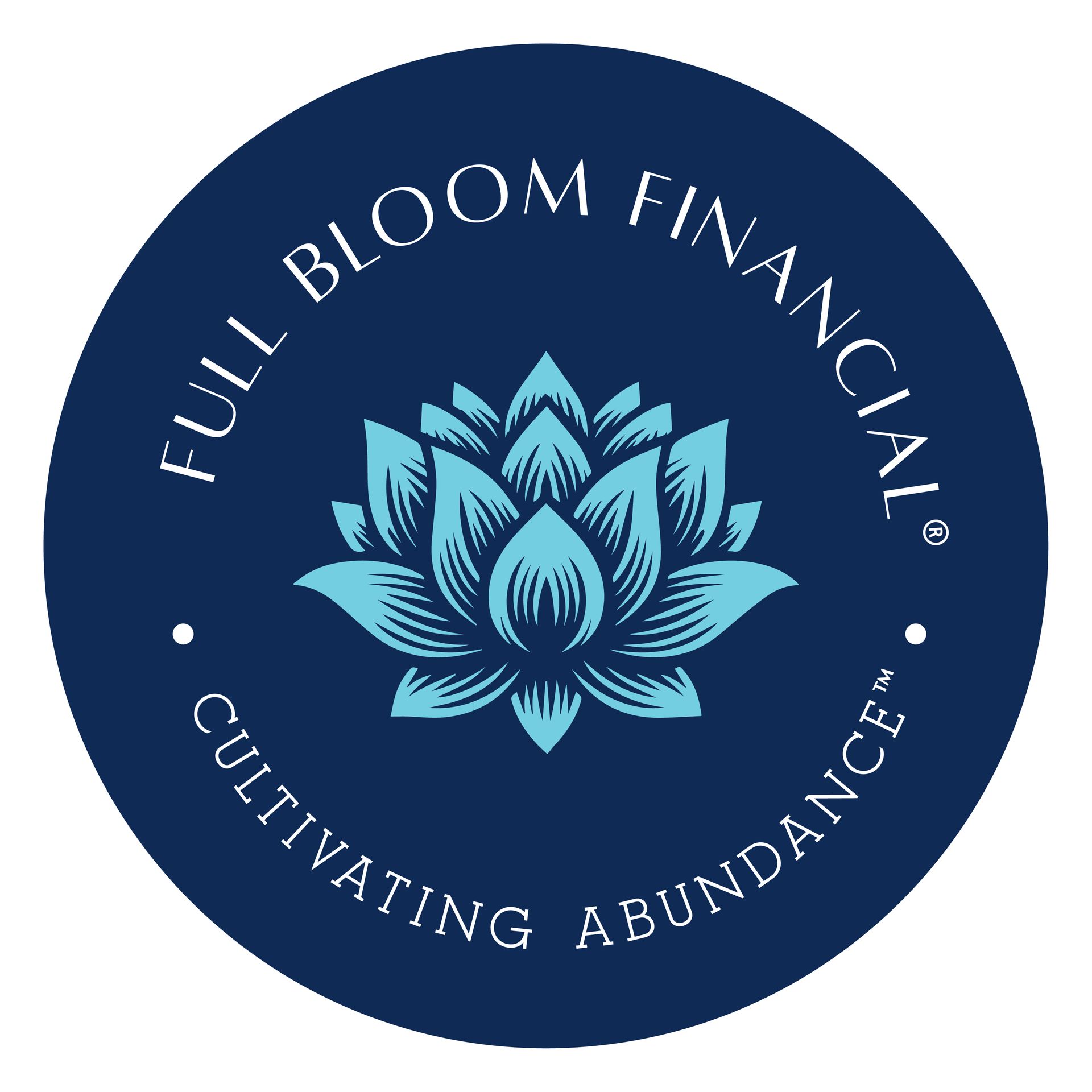What is a fee-only fiduciary?
A fee-only fiduciary is a financial advisor who is legally and ethically bound to act in their clients' best interests. Unlike fee-based advisors, fee-only advisors do not receive commissions for selling financial products, ensuring their advice is more unbiased and focused on what's best for you. However, it's important to note that even fee-only advisors can encounter conflicts of interest under an AUM (Assets Under Management) model; such as when a client wishes to reduce their portfolio balance by paying off a mortgage early or making large gifts to loved ones, which could decrease the advisor's compensation if it is based on the size of managed assets. In such cases, a true fiduciary should still prioritize the client's wishes and financial goals above their own financial interests.
How does a fee-only planner get paid?
A fee-only planner is compensated directly by their clients through fees for their services. This can be in the form of hourly rates, flat fees for specific services, or a percentage of assets under management (AUM). They do not receive commissions or referral fees from financial product sales.
What's the difference between fee-only and fee-based advisors?
Fee-only advisors are paid solely by their clients and do not earn commissions from product sales. Fee-based advisors, on the other hand, may earn both fees from clients and commissions from selling financial products. This distinction is crucial as it can affect the advice given and potential conflicts of interest.
How can I find a fee-only financial advisor in my area?
You can use a free financial advisor matching tool to find fee-only advisors who serve your area. Always verify their fee structure and ask if they adhere to the fiduciary standard.
What services are included in a financial plan?
A comprehensive financial plan typically includes analysis and recommendations for budgeting, savings, investments, retirement planning, insurance needs, tax strategies, and estate planning (more information). It should be tailored to your specific financial situation and goals as a Christian woman or business owner. How often should I update my financial plan?
Your Financial Plan should be reviewed and updated at least annually or whenever significant life changes occur; such as marriage, birth of a child, career change, divorce, becoming a widow, opening or selling your business, or approaching retirement. Full Bloom Financial® does comprehensive Progress Meetings with clients twice a year. Regular Progress Meetings ensure your Financial Plan remains aligned with your evolving financial goals and circumstances.
What is fee-only wealth management?
Fee-only wealth management is a comprehensive approach to managing your finances where the advisor is compensated solely through fees paid by the client. This typically includes ongoing investment management, financial planning, and regular consultations to help you achieve your long-term financial goals.
How do fee-only advisors compare financial products?
Fee-only advisors compare financial products based on their merits and suitability for your specific situation, without bias from commissions. They consider factors such as performance, risk, fees, and how well the product aligns with your financial goals and values as a Christian woman or Business Owner.
What is the fiduciary standard, and why is it important?
The fiduciary standard requires financial advisors to put their clients' interests first. This is important because it ensures that the advice you receive is in your best interest, not influenced by potential commissions or other conflicts of interest.
How are advisory fees typically structured?
Advisory fees can be structured in several ways. Common approaches include a percentage of assets under management, hourly rates, or flat fees for specific services. Some advisors may use a combination of these methods. It's important to understand exactly how your advisor's fees are calculated and what services they cover.

